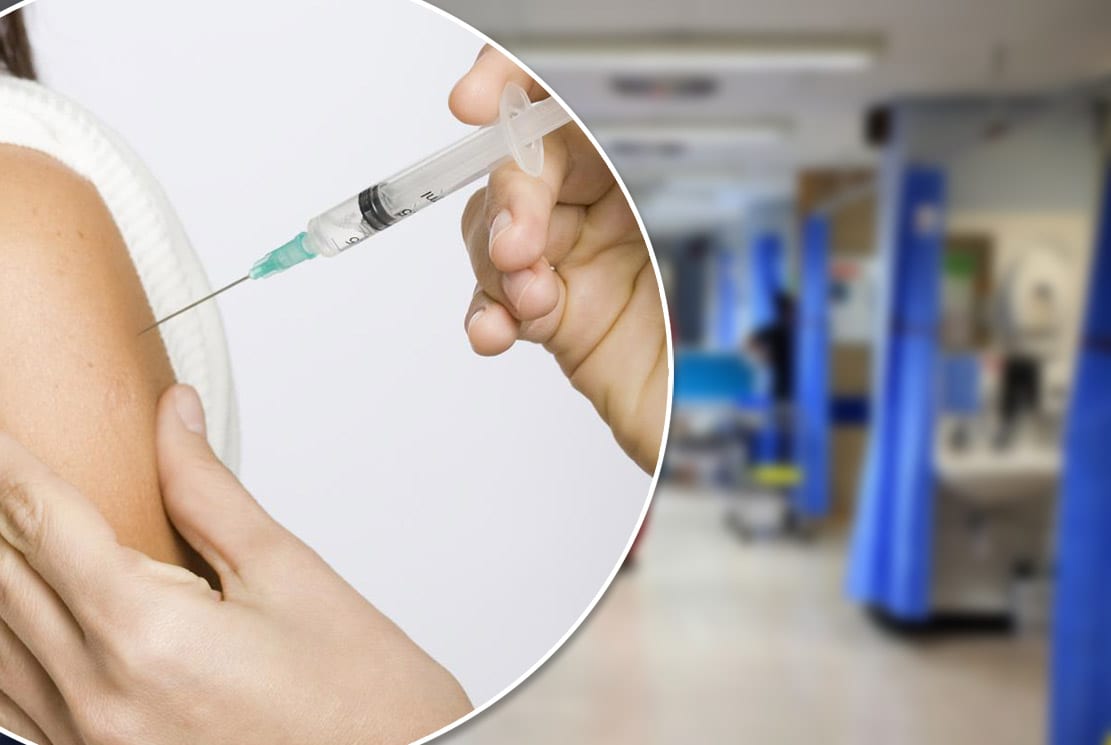
Testing of a patient in Northern Ireland has resulted in a presumptive positive test for coronavirus (COVID-19)
In line with established protocols, this Northern Ireland test outcome has been sent to Public Health England laboratories for verification.
The patient is receiving specialist care and Public Health Agency personnel are working rapidly to identify any contacts the patient had, with the aim of preventing further spread.
It is being reported that the patient had returned from Italy via Dublin.
Northern Ireland’s Chief Medical Officer Dr Michael McBride said tonight (Thursday): “We have been planning for the first positive case in Northern Ireland and have made clear that it was a question of when not if.
“We have robust infection control measures in place which enable us to respond immediately. Our health service is used to managing infections and would assure the public that we are prepared.
“Our advice to the public remains the same. Members of the public who have visited affected regions and have symptoms are advised to self-isolate at home and contact their GP in the first instance. Advice will then be given on next steps, including testing if required.
“More general advice about coronavirus is available at the Public Health Agency website.”
Dr McBride added: “To help reduce any potential spread of coronavirus, we are urging people to follow the steps that we recommend for similar illnesses such as cold and flu – catch, bin it, kill it. Always carry tissues to catch your cough or sneeze, dispose of the tissue as soon as possible after using it, and clean your hands as soon as you can as germs can spread to every surface you touch.”
Dr Adrian Mairs, Acting Director of Public Health at the Public Health Agency (PHA), added: “Northern Ireland has well-prepared and rigorously-tested plans for dealing with infectious diseases, and these have been activated.
“This will help ensure that the patient receives appropriate care, and the likelihood of spread is minimised. I would like to reassure the public that the risk to the wider population remains low.”





